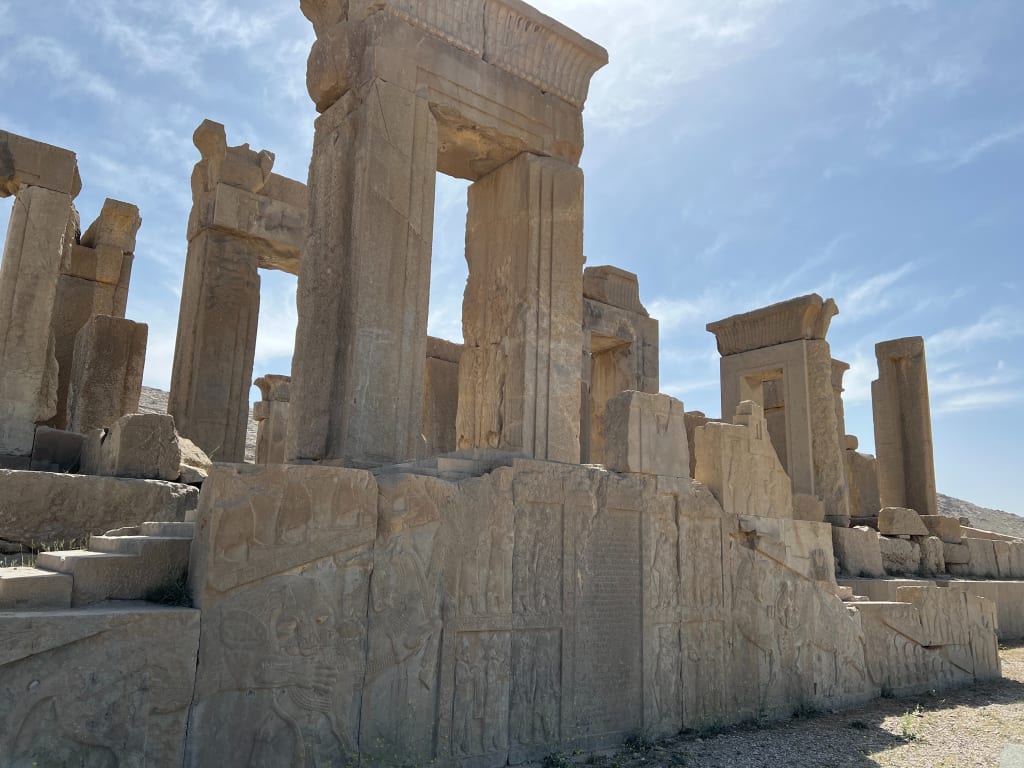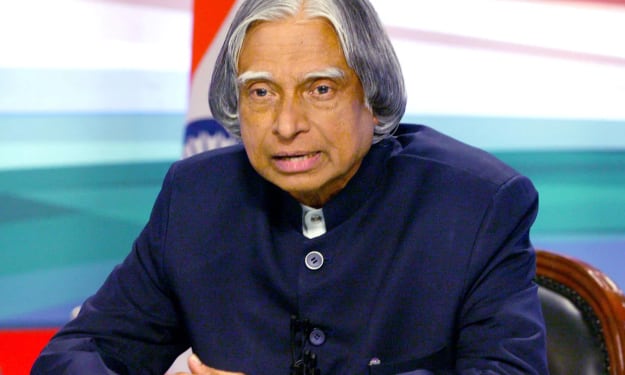
The Mongol Empire was one of the largest empires in history, founded by Genghis Khan in the early 13th century. It stretched from the Pacific Ocean in the east to Central Europe in the west, encompassing a vast territory that included China, Central Asia, the Middle East, and parts of Eastern Europe.
Genghis Khan, whose birth name was Temujin, united various Mongol tribes through military conquest and political alliances. He established a highly organized and disciplined army, employing innovative military tactics and strategies that contributed to the empire's success. Genghis Khan's forces rapidly expanded Mongol territories, conquering neighboring tribes and states.
Under Genghis Khan's leadership, the Mongols launched a series of military campaigns. They first targeted the Xi Xia Empire, located in present-day northwestern China, defeating them in 1227. Next, the Mongols turned their attention to the Jin Dynasty in northern China, conquering it in 1234.
In 1206, Genghis Khan was proclaimed the Great Khan of the Mongol Empire. He implemented administrative reforms, promoting religious tolerance, and creating a legal code known as the Yassa. Genghis Khan died in 1227, but his empire continued to expand under his successors.
Genghis Khan's grandson, Kublai Khan, completed the conquest of China by defeating the Southern Song Dynasty in 1279, establishing the Yuan Dynasty. The Yuan Dynasty ruled over China for nearly a century, with Kublai Khan as its emperor. Kublai Khan also attempted to invade Japan and Vietnam but faced significant setbacks.
The Mongols expanded their empire westward under the leadership of Genghis Khan's successors. They conquered Central Asia, Persia (present-day Iran), and parts of the Middle East, including Baghdad. In 1258, the Mongols sacked Baghdad, bringing an end to the Abbasid Caliphate.
The empire faced challenges after the death of Kublai Khan in 1294. Internal conflicts, the Black Death, and resistance from local populations weakened Mongol control over their vast territories. The empire gradually fragmented into smaller Khanates, with the Yuan Dynasty collapsing in China in 1368.
The Mongol Empire had a significant impact on the regions it conquered. It facilitated the exchange of goods, technologies, and ideas across the Eurasian continent, known as the Pax Mongolica or Mongol Peace. The empire promoted cultural and religious tolerance, allowing different faiths and ethnic groups to coexist. The Mongols also facilitated the spread of knowledge, with scholars, scientists, and merchants traveling along the Silk Road.
Despite its military prowess and lasting influence, the Mongol Empire eventually disintegrated into several separate states. However, its legacy as one of the most extensive empires in history and its impact on the interconnectedness of the world cannot be denied.
After the fragmentation of the Mongol Empire, several successor states emerged in different regions. These included the Golden Horde, the Chagatai Khanate, the Ilkhanate, and the Yuan Dynasty in China.
The Golden Horde, based in the western part of the Mongol Empire, controlled vast territories in Eastern Europe, including present-day Russia, Ukraine, and parts of Central Asia. They maintained their dominance in the region for several centuries, although they gradually assimilated into the local cultures and adopted Islam as their primary religion.
The Chagatai Khanate, named after Genghis Khan's second son Chagatai, was situated in Central Asia and stretched from present-day Kazakhstan to Afghanistan. The Chagatai Khanate faced internal strife and external pressures from neighboring powers, such as the Timurid Empire. It eventually disintegrated into smaller Khanates and was gradually absorbed by other regional powers.
The Ilkhanate, established in Persia (Iran), Iraq, and parts of the Caucasus and Anatolia, was ruled by descendants of Genghis Khan's grandson, Hulagu Khan. The Ilkhanate initially embraced Islam and adopted many Persian cultural practices. However, internal conflicts, power struggles, and the emergence of local dynasties weakened their hold on the region. The Ilkhanate officially collapsed in 1335.
The Yuan Dynasty, founded by Kublai Khan, was the first non-Han Chinese dynasty to rule over all of China. The Mongol rulers faced challenges in governing their vast empire, particularly in assimilating with the Chinese population and dealing with resistance from local groups. The Yuan Dynasty was overthrown in 1368 by the Chinese rebel leader Zhu Yuanzhang, who established the Ming Dynasty.
Despite the fragmentation of the empire, Mongol influence persisted in various ways. Mongol descendants ruled over regions like the Crimea and Mongolia proper. The Mongol ruling elites also played significant roles in the affairs of the successor states, often serving as advisers or administrators. Additionally, the Mongol Empire left a lasting impact on the regions it conquered, such as the introduction of new technologies, the exchange of ideas and cultures, and the opening of trade routes that facilitated global connectivity.
Today, the legacy of the Mongol Empire can still be seen in the shared cultural heritage, linguistic influences, and historical consciousness of the regions that were once under Mongol rule. The Mongols' military tactics and strategies continue to be studied and recognized for their effectiveness and innovation. The Mongol Empire remains a remarkable chapter in world history, representing both the heights of conquest and the challenges of maintaining a vast and diverse empire.






Comments
There are no comments for this story
Be the first to respond and start the conversation.